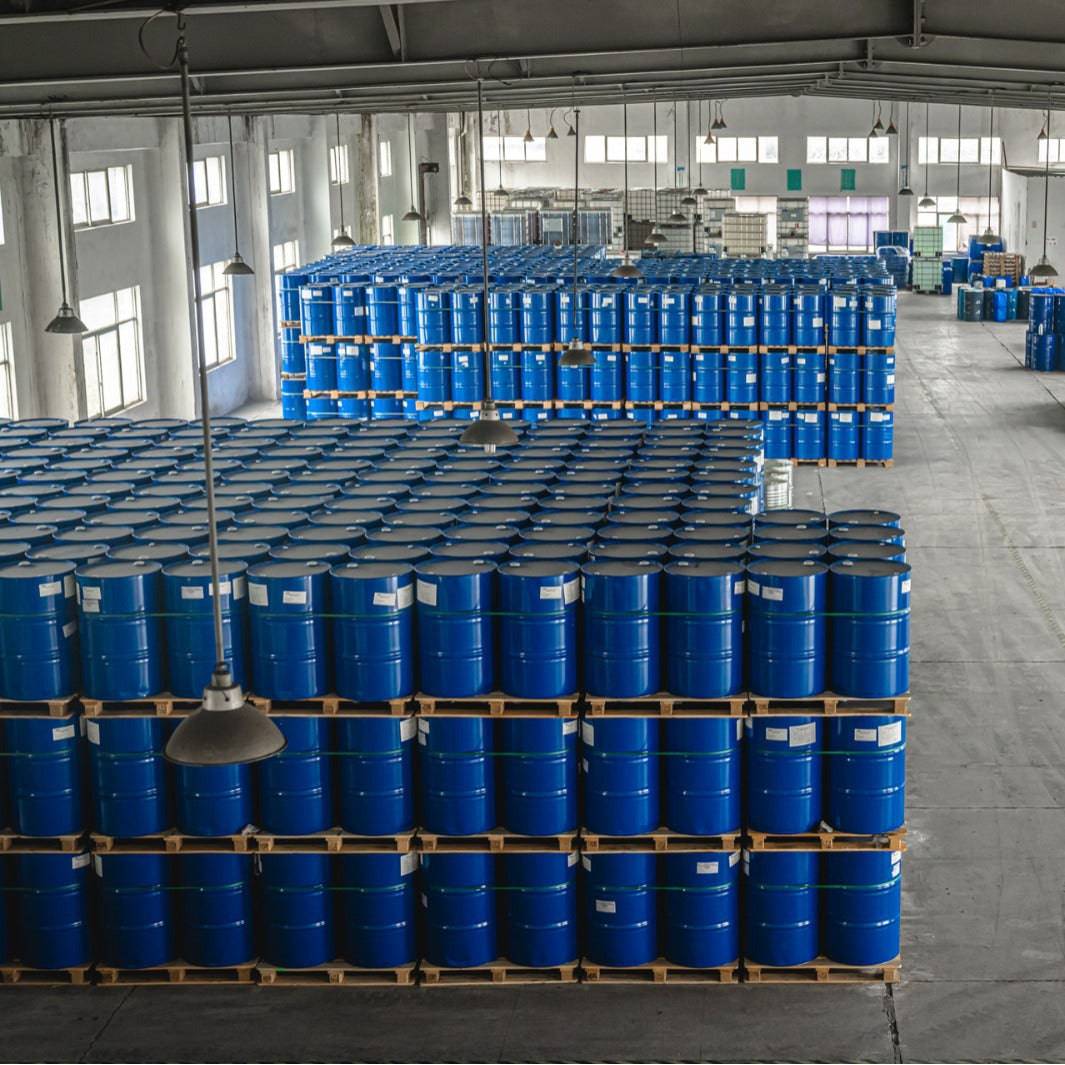The Value of Thermal Stability in Heat Transfer Fluid Option
The Value of Thermal Stability in Heat Transfer Fluid Option
Blog Article
Why Warm Transfer Liquid Is Very Important for Optimizing Energy Transfer in Solution
The role of warm transfer liquids in maximizing power transfer is crucial for attaining reliable thermal management across various industrial industries. These fluids promote smooth heat exchange, guaranteeing processes operate within ideal temperature ranges and reducing the danger of overheating.

Role in Thermal Management
Warm transfer liquids play a crucial role in thermal management by efficiently controling temperatures in different commercial procedures and systems. These specialized liquids assist in the transfer of warm between various parts, guaranteeing ideal operating conditions and stopping getting too hot. By keeping precise temperature control, warm transfer fluids allow markets such as chemical production, oil and gas, and power generation to run safely and effectively.
The choice of a suitable warmth transfer liquid depends on numerous aspects, including thermal security, warm capacity, and thickness. High thermal stability makes certain that the fluid can withstand severe temperatures without degrading, while a high warmth capacity permits it to take in and launch considerable amounts of warmth - heat transfer fluid. Low thickness minimizes the energy required for pumping, adding to overall system efficiency
In addition, warm transfer liquids are important in applications like refrigeration, where they aid take in and dissipate heat throughout the cooling cycle. In solar thermal energy systems, these liquids capture and transport solar heat to create electrical power or supply warm water. Their versatility to diverse operating conditions and ability to keep constant thermal performance underscore their importance in industrial thermal management, facilitating operational connection and improving precaution.

Enhancing System Efficiency
To take full advantage of the benefits of thermal administration, enhancing system effectiveness through the critical use of heat transfer fluids is extremely important. By preserving optimum temperature level degrees, warm transfer fluids aid ensure that systems run within their designed criteria, thereby protecting against overheating and lowering the risk of component failing.

Sorts Of Heat Transfer Fluids
The variety of warmth transfer fluids highlights their essential role in a series of commercial applications, each tailored to satisfy certain thermal monitoring requirements. These liquids help with efficient energy transfer and are chosen based on crucial residential or commercial properties such as thermal stability, viscosity, and heat capacity. The primary types consist of water, glycol services, oils, and synthetics, each offering unique advantages.
Water is the most usual warmth transfer medium due to its high particular heat capacity and low price. Mineral oils are preferred for their thermal security and non-corrosive nature, making them ideal for high-temperature applications.

Artificial fluids, consisting of silicone and fragrant compounds, provide remarkable thermal security and are utilized in settings demanding extreme have a peek at these guys temperature level varieties. These fluids ensure exceptional performance in systems where typical fluids might fail. The selection of a warmth transfer liquid is vital, as it affects system effectiveness, safety and security, and durability. Each kind should be picked to straighten with the operational needs and the specific problems of the application it offers.
Environmental and Economic Conveniences
Utilizing the right warmth transfer fluids offers substantial ecological and financial advantages for industrial procedures. Eco why not look here pleasant warmth transfer liquids, commonly naturally degradable and non-toxic, reduce the danger of soil and water contamination in the occasion of leakages or spills, consequently safeguarding ecosystems and complying with rigid environmental guidelines.
Financially, the ideal warm transfer fluid can substantially minimize operational costs. Fluids with extended lifecycle efficiency lower the regularity of replacements and maintenance, reducing downtime and associated prices. On the whole, the calculated use of optimal heat transfer liquids sustains sustainable economic development and ecological stewardship.
Selecting the Right Liquid
How does one browse the complex procedure of picking the best warmth transfer liquid for industrial applications? Thermal security ensures the liquid can stand up to high temperature levels without deteriorating, while compatibility prevents rust or other detrimental reactions with system parts.
Additionally, the liquid's warmth capability and thickness are vital. A high warmth ability permits the fluid to take in and move even more energy, improving efficiency.
Conclusion
The strategic option and application of see post warmth transfer fluids are fundamental to maximizing energy transfer across numerous systems. By making certain high thermal security and capacity, these liquids supply accurate temperature control and boost general system efficiency. This optimization adds to lowered operational costs and reduced greenhouse gas discharges, thus advertising sustainability. The option of fluid, customized to details thickness and operational demands, is critical for making best use of efficiency and achieving economic and ecological benefits in commercial processes.
Report this page